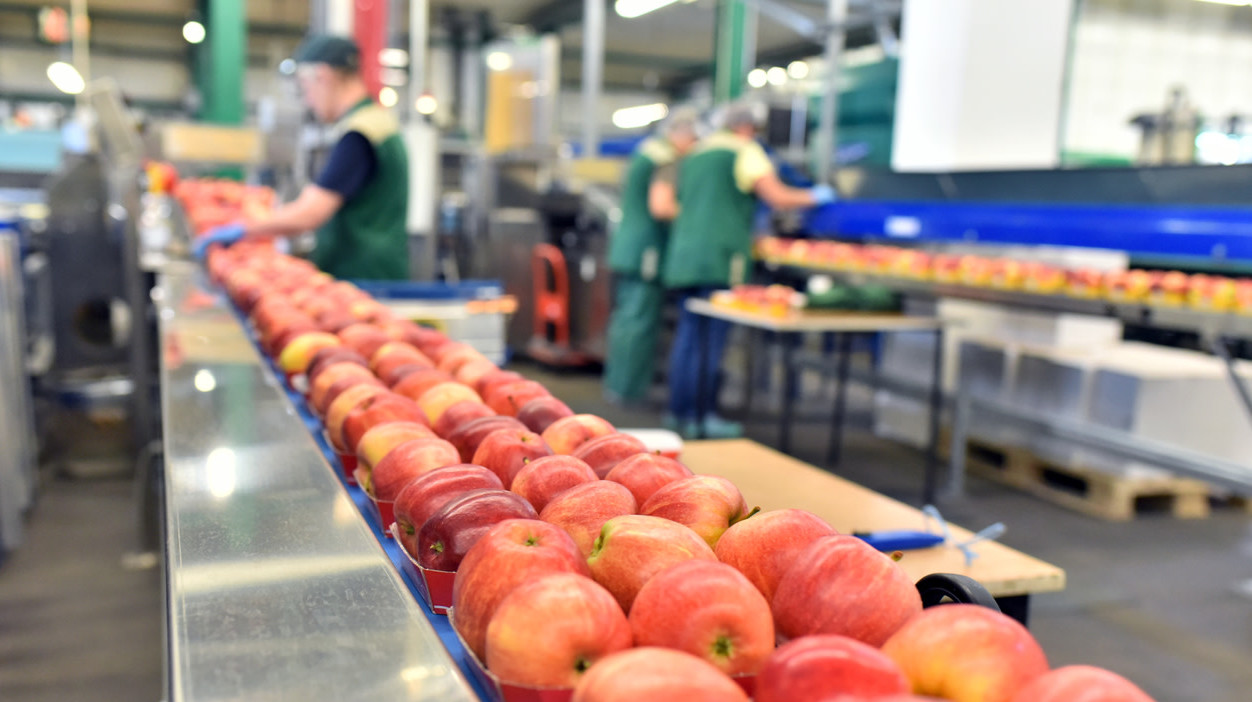Suppliers Scramble To Get Food Out Of The Plant And Into The Grocery Store
As we told you yesterday, there is plenty of food out there. Getting it to grocery store shelves has been a challenge, though, and The Wall Street Journal published a fascinating story yesterday about all the things food producers have been doing to keep the production lines moving along.
Companies' plans include cross-training employees to do various tasks; monitoring possible disruptions to the H-2A visa program used to import agricultural workers; and talking with hospitals and churches about setting up child-care options for workers if schools close.
Tyson and Sanderson Farms, two meat producers, have scheduled their workers on shifts throughout the weekends and adjusted their processing so there will be more meat packaged for grocery customers and less for restaurants. Rose Acre, an egg producer, has been rerouting orders scheduled for restaurants and cruise ships to grocery stores. Taylor Farms, a supplier of vegetables and bagged salads, is also repackaging large bags once destined for restaurants into smaller portions for supermarkets and wholesalers such as Costco.
Cargill, a Minnesota-based producer of beef, poultry, and eggs, meanwhile is making a point of checking workers' temperatures when they come in for their shifts and asking truckers to stay in their vehicles when they're making deliveries or pickups.
U.S. highway safety regulators lifted limits on daily driving hours for truckers who are transporting "essential items" like food and medical equipment. Lineage Logistics, an operator of refrigerated warehouses, is hiring as many temps as it can find and shifting salaried workers into the warehouses to keep up with demand. It's also "racking up record overtime," the WSJ reports. Taylor Farms has been training employees in other tasks, such as forklift driving and operating salad-bagging robots, so work can continue even if someone gets sick. Andersons, a grain company, is preparing to shift workers between locations to make sure everything is covered. Domex, a fruit packager, is preparing to run its plants overnight if workers need to be at home with their kids during the day.
It's unclear what will happen with seasonal workers who need visas to get into the U.S. from Mexico. The State Department says it has stopped processing visas, but the Agriculture Department says its Mexican consulates will prioritize visas for farm workers.
Ironically, before the COVID-19 crisis hit, some of these companies had an enormous surplus of food sitting in their warehouses, the largest they could remember. It's amazing how quickly things can shift.
